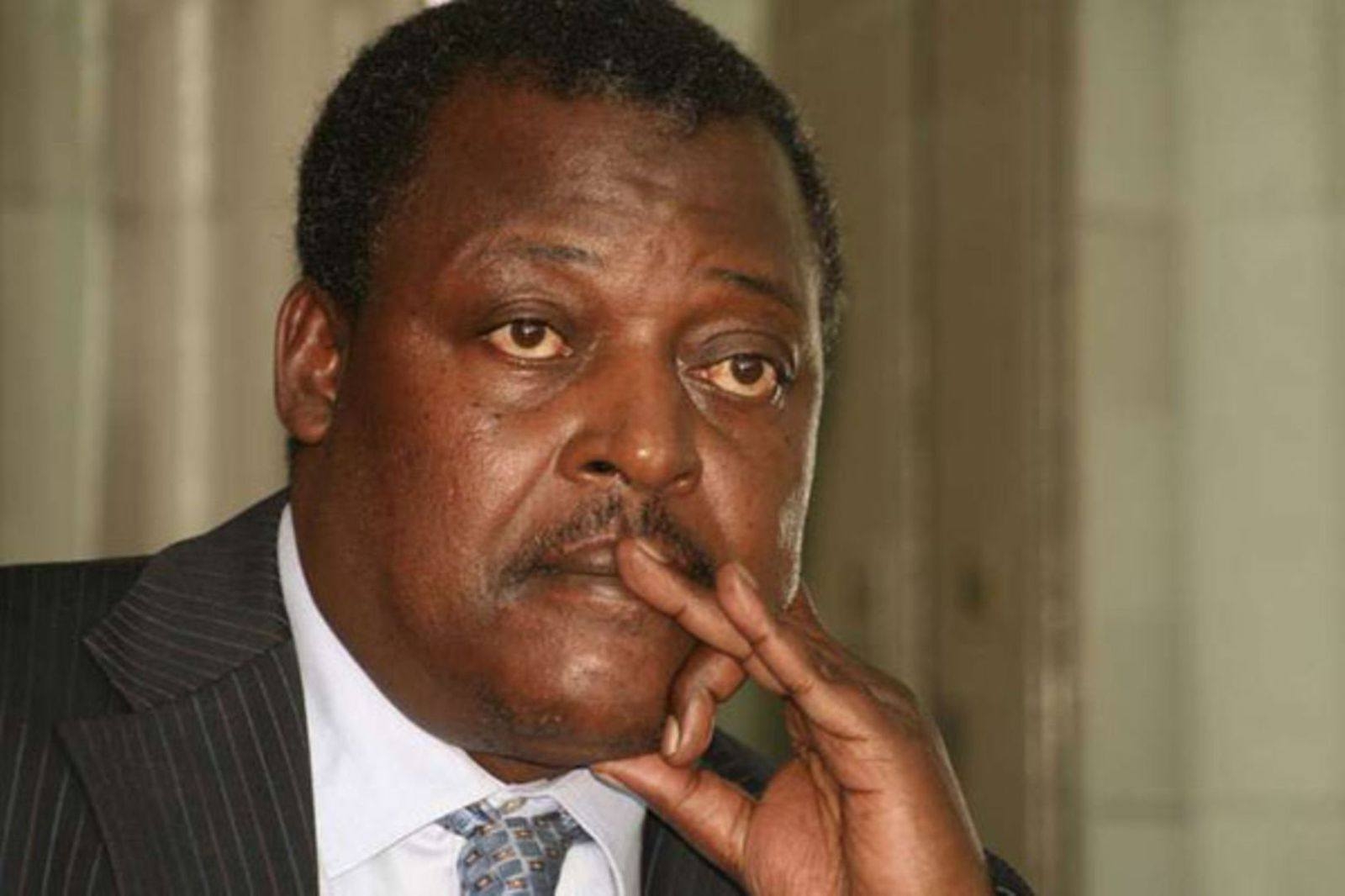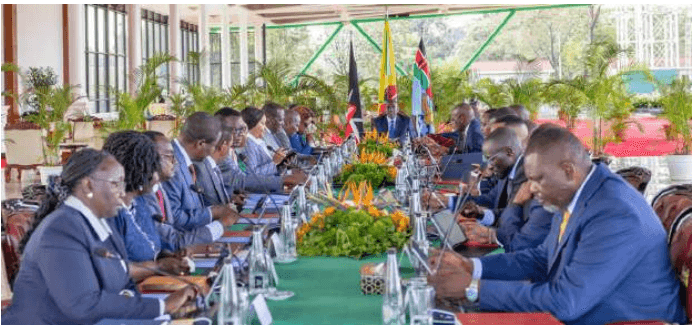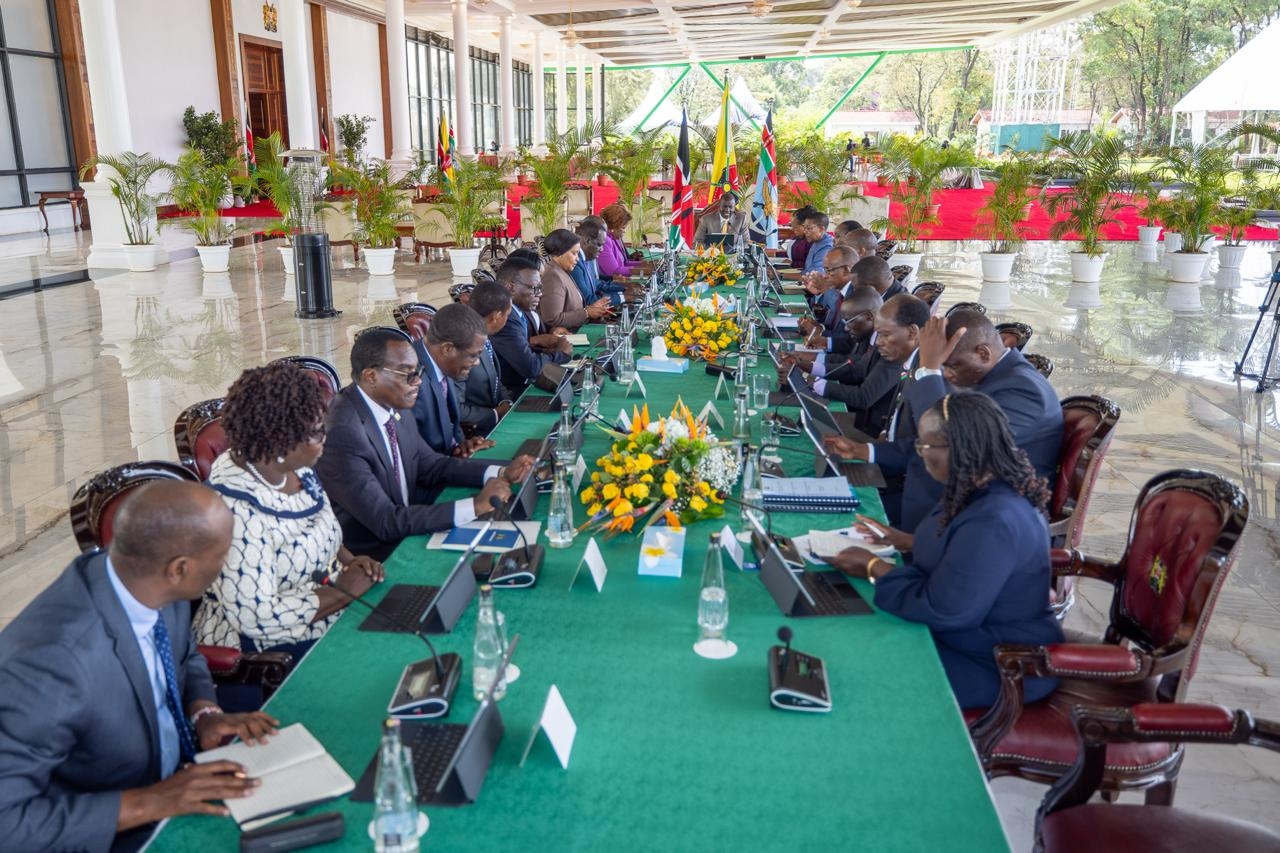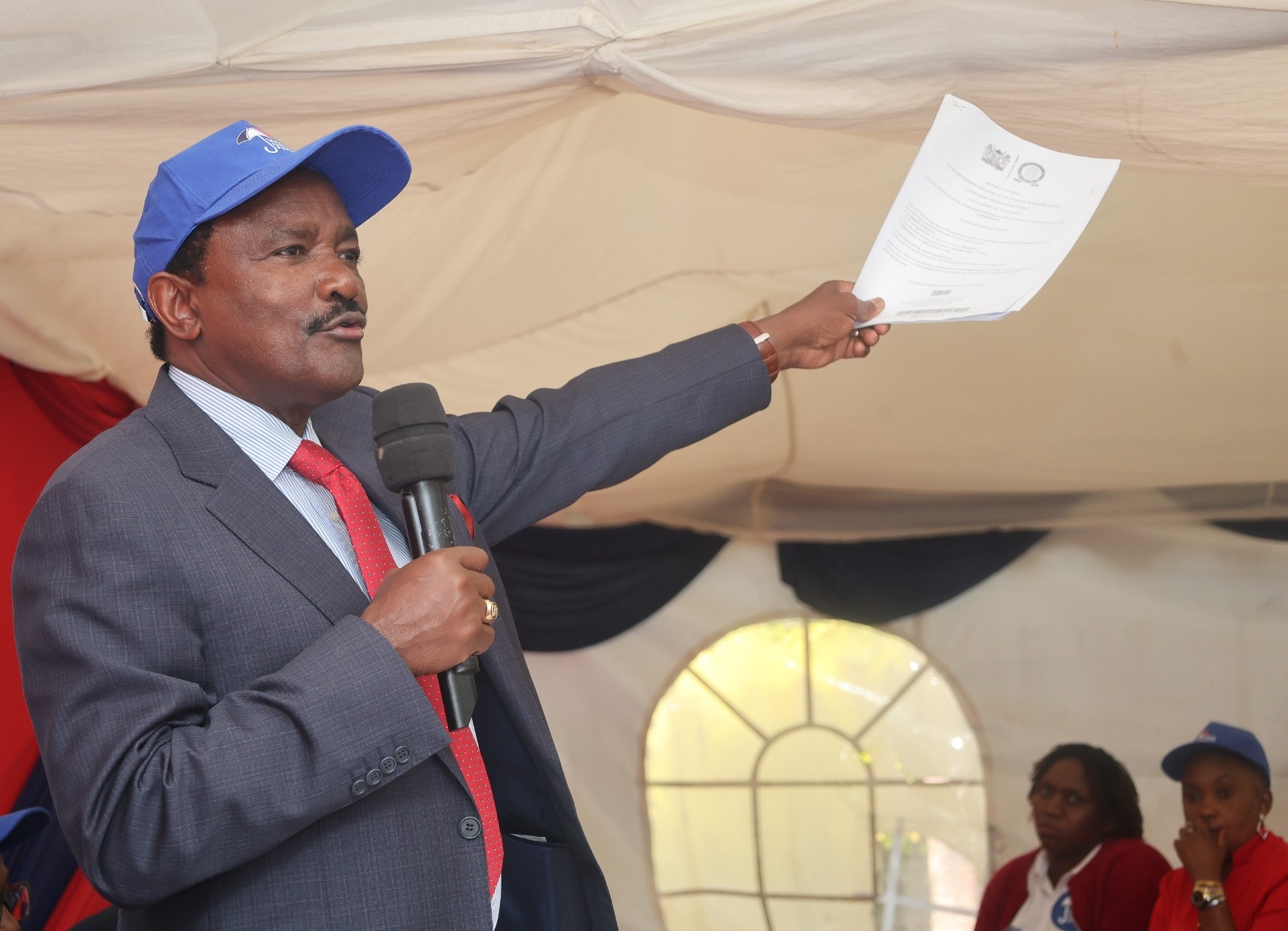There is no doubt that if Cabinet secretaries Eugene Wamalwa, Ukur Yatani, James, Najib Balala, Peter Munya and Fred Matiang’i had resigned on February 9 to run for office in the August 9 elections, many of them would have won.
There is nothing to suggest that Interior CS Matiang’i wouldn’t have won the Nyamira gubernatorial contest, or Wamalwa the Trans Nzoia Senate seat (after enthusiastically handing former Rift Valley regional commissioner George Natembeya the governor one).
I believe Transport CS Macharia stood quite a good chance in the Murang’a gubernatorial run, as did CS Yatani in the Marsabit. Ditto Mutahi Kagwe for Senator or governor in Nyeri. But all this talent, especially in a cabinet full of career politicians such as Munya, Wamalwa and Balala, decided to stay put and work with the president in his succession.
It is a firm statement of belief the team has in the leadership of President Kenyatta, and possibly in the way the elections will pan out, so that they can secure soft landing spots after August.
Not many would have foreseen this. In fact, there are political circles in this country that have in the last five years given the impression that the president was so weak that many people working for him in the Executive were waiting for the opportune time to resign and seek elective mandate away from appointive roles.
When deadline day was gone, only four Cabinet secretaries had left, out of 22. More crucially, none from the critical ministries dealing with the transition — Finance, Defence, Interior and ICT — left.
At face value, this faith that the team has shown in the President makes his work much easier than earlier envisaged. First, he doesn’t need to carry out a Cabinet reshuffle, given the small number of departures. Some of the remaining members of the Cabinet can act in the four vacant offices.
Second, in seeking to ensure stability in a delicate election season, President Kenyatta has been handed a gift of continuity by having people around him with the inner working knowledge of government at a time he needs it the most. There is a compelling case for some of the CSs to actually outlive this regime.
There is for example the case of Education CS George Magoha, handling curriculum transitions, with the first CBC cohort in Grade 6 set to do their assessment at the end of the year and move to Junior High. Magoha has basically transformed into a field CS, covering every inch of the country trying to not only secure this milestone, but to oversee at least five national exams within the same year. I don’t see why a new regime would need to interrupt his work in September, making him one of a few who, if Uhuru’s preferred successor wins, may just stay at the station longer.
However, the sheer number of these stay-on personnel provides a challenge for a Raila victory. In the case of DP William Ruto, a win means he will clear out government and appoint a fresh lot. For Raila, there are certainly bound to be negotiations with President Kenyatta, on how to reward those who have sacrificed political ambitions to assist the President manage his succession, especially given that a majority of those staying will be campaigning for the ODM boss.
It is not far-fetched to say that some may stay in the Cabinet in a Raila government, even though in different ministries, because to deliver on his manifesto items, Raila will need to bring in his own people in the key ministries of Finance, Interior, Agriculture and Energy.
There are several former Cabinet secretaries now serving in the diplomatic corps such as Willy Bett and Judi Wakhungu. So, of course, ambassadorial appointments open new windows for the next president to gently dismantle the exiting Cabinet without appearing like it’s a cull.
Is it a big gamble by the CSs who have chosen to stay?
Indeed, because five years in the cold cannot be welcome after high profile public jobs. Most of them have staked their short-term future on Raila winning and Uhuru having enough clout after that to secure them other positions. There were, however, surprises from “deadline day”.
First, Labour CS Simon Chelugui, widely expected to quit and head for the Baringo governor race, didn’t do so. Meanwhile Water CS Sicily Kariuki curiously resigned to join the Nyandarua governor contest, a seat held by Francis Kimemia, one of the key cogs of the Uhuru succession plot.
If one of the reasons for asking members of his Cabinet to stay on was to avoid divisive political battles out in the grassroots, I wondered why CS Kariuki was leaving to go take on Kimemia. I have stated here countless times that the Tangatanga formation may have grossly underestimated the President.
At the time of writing this, Sagana III was happening, an audacious attempt to cut back the gains made by DP Ruto in Central Kenya, days ahead of the Jubilee National Delegates Conference this weekend. In the same week, colourful Jubilee activation meetings were taking place, with energy and verve rarely seen in the last five years.
If you add that Uhuru’s effortless move to keep his Cabinet nearly intact, the impression one gets is that the true Uhuru has finally emerged from the 10-year shadow of Ruto’s political emasculation. It explains the confidence with which the CSs staying put have taken their work, and their campaigns for the president’s preferred candidate. It is an all-or-nothing task.
We are entering exciting but anxious times. Typical of Kenyan elections and its tribal spices, the campaigns, which appear to have been going on for eternity, are about to get more heated, always accompanied by some levels of national security threats.
If we commend the President for enabling continuity by managing to keep his Cabinet largely intact ahead of the polls, we must hope they still remember their oath of allegiance to the republic and do whatever it takes to secure a free and credible election, while maintaining peace and stability for the entire country.
It’s okay to appear partisan or exercise one’s democratic right to support specific candidates before the ballot, but we all look up to them to don national colours once Kenyans begin to troop to the polls.
Ultimately, the same level of faith the CS’s have shown in Uhuru is the one Kenyans need to have in them, that they are not just staying on to secure their own futures through a friendly successor, but consistently seeing the bigger picture of national unity and stability.
WATCH: The latest videos from the Star















